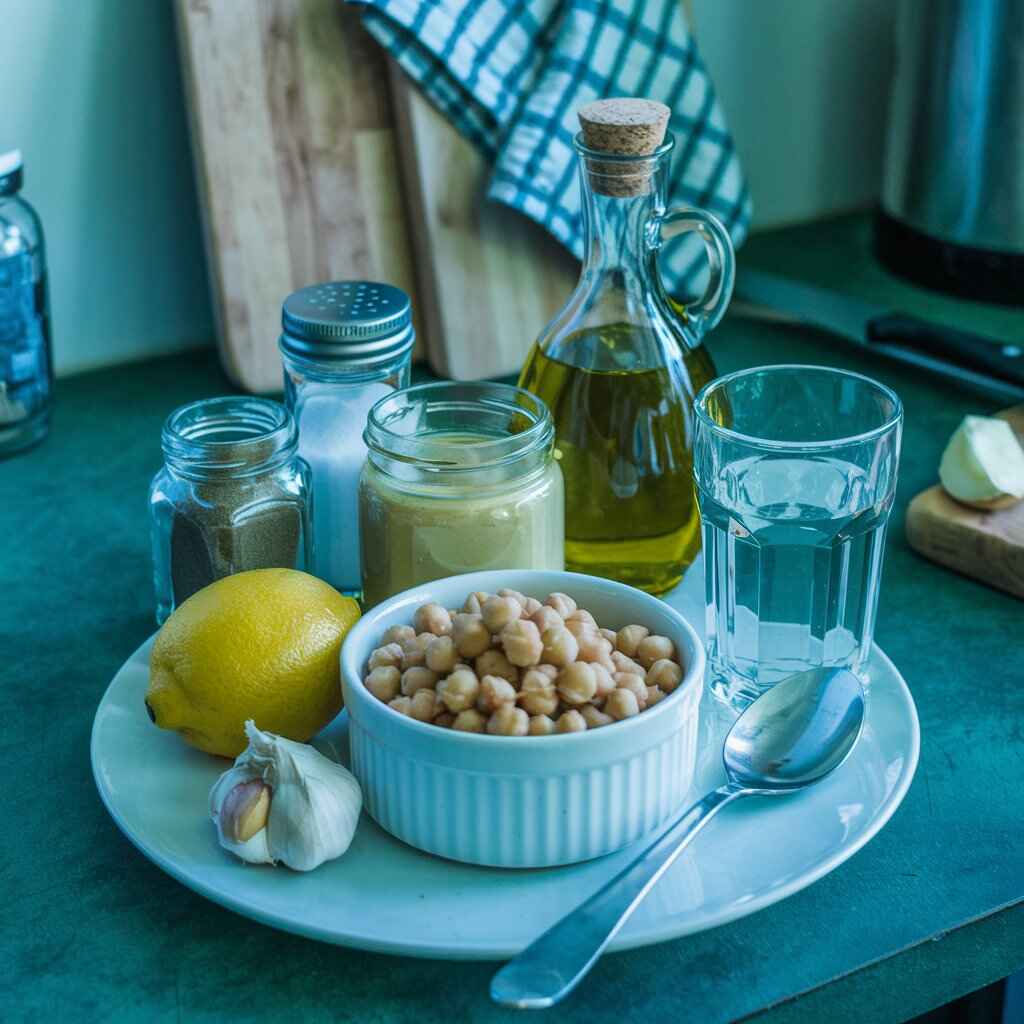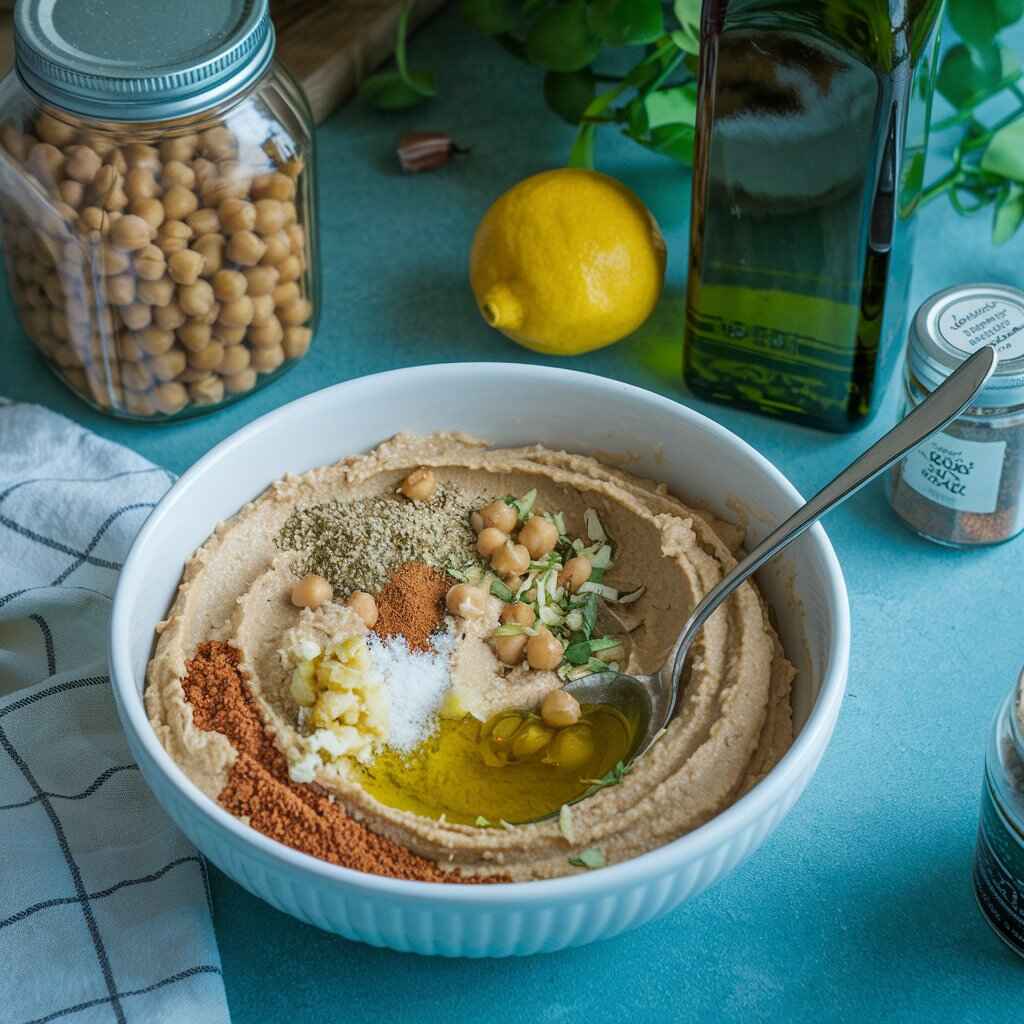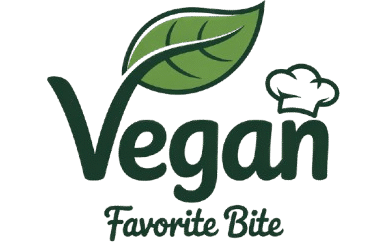Is Hummus a Vegan food? Hummus has become a popular food for many because of its creamy taste, wide range of uses, and high nutritional value. Although it comes from the Middle East, this dish is now popular in homes all over the world. But there is one question that comes up a lot: Is hummus vegan?
To answer your question, yes, classic hummus is vegan. Chickpeas, tahini, olive oil, lemon juice, garlic, and spices are some of the main plant-based ingredients in it. But as hummus changes over time to fit different tastes and needs, some forms may not be vegan-friendly.
This piece will go into detail about what makes hummus vegan, point out some problems that could happen, and talk about how to make sure that the hummus you eat fits with a vegan lifestyle. In addition, we’ll talk about how to make delicious vegan versions of this popular food and talk about how good it is for you.
What Is Hummus?
The Origins Of Hummus And Its Cultural Significance
People in Lebanon, Israel, Palestine, and Egypt all have different ideas about where hummus came from, but it has a long past that goes back to Middle Eastern food. The word “hummus” comes from the Arabic word for beans, which is what makes it taste so good. Hummus has been an important part of Middle Eastern meals for hundreds of years. It is often given as part of mezze, a group of small foods that people share.
Hummus is more than just a food; in many countries, it’s a sign of community and friendliness. It’s been used on everything from pita bread to veggie sticks and as a sandwich spread all over the world, making it a sign of international cuisine.
Traditional Preparation Methods
- Traditionally, cooked chickpeas are mixed with tahini (sesame seed paste), garlic, olive oil, and fresh lemon juice to make hummus. When these ingredients are mixed, they make a smooth, creamy texture that combines the flavours of rich nuts, tanginess, and mild spice.
- People in the Middle East often make hummus from scratch every day and eat it as a dip or with falafel, shawarma, or cooked veggies.
Nutritional Profile Of Hummus
Hummus is very famous, especially among vegans and people who want to eat healthily, because it is full of good things for you. Not only is it tasty, but it is also full of important nutrients:
- Protein-Rich: Chickpeas are a plant-based source of protein, which makes hummus a great choice for vegans who want to meet their protein needs.
- High in Fibre: The fibre in chickpeas helps digestion and keeps the gut healthy.
- Healthy Fats: Unsaturated fats found in tahini and olive oil are good for your heart and can help lower bad cholesterol levels.
- Full of micronutrients: Folate, iron, magnesium, and vitamin B6 are just a few of the important vitamins and minerals that are found in hummus.
A helping of hummus is filling and healthy, giving you energy without too many calories, which makes it great for a variety of diet plans.
Hummus in Modern Cuisine
Today, hummus has evolved far beyond its traditional roots. It is now a global favorite, appearing in grocery stores, cafes, and kitchens worldwide. Flavored variations, including roasted red pepper, beetroot, and avocado hummus, add exciting twists to the classic recipe. Despite its versatility, it remains a go-to choice for vegans due to its inherently plant-based ingredients.
Ingredients In Traditional Hummus
Breakdown Of Core Ingredients
There are only a few plant-based items that make traditional hummus simple and flexible. Let’s look at each part and see why it fits so well with a vegan lifestyle:
Chickpeas (garbanzo Beans):
Hummus’s smooth texture and mild, salty flavour come from the chickpeas that make it up. These beans come from plants and are full of protein and fibre. They are a mainstay of many veggie diets. Also, they have a lot of iron and B vitamins, which are important for people who don’t eat animal products.
Tahini:
Ground sesame seeds are used to make tahini, a paste that gives hummus a rich, nutty flavour and a smooth texture. This part is not only vegan, but it also has a lot of good fats, calcium, and iron.
Olive Oil:
Olive oil is a heart-healthy fat that fits with vegan eating habits and is a key part of making things creamy and tasty. It makes the taste of hummus better and adds anti-inflammatory and vitamin qualities.
Lemon Juice:
Lemon juice that has just been squeezed gives hummus a tangy flavour that makes it taste better. It is a natural food that comes from plants, so it is great for vegans and gives you vitamin C.
Garlic:
Garlic naturally improves the taste of foods and gives hummus its unique savoury edge. It comes from plants and is often used in vegan food because it tastes great and is good for you in many ways, like killing germs and making your immune system stronger.
Salt And Spices:
To make hummus taste better, seasonings like salt, garlic, or pepper are added. Most of the time, these are vegan-friendly, but you should always check the label to see if there are any processed spice mixes.
Why Each Ingredient Is Vegan?
The original recipe for hummus only uses ingredients that come from plants. Since it doesn’t have any ingredients that come from animals it is naturally vegan friendly. In some recipes cheese or eggs are used to make the mixture creamier or stick together. But hummus gets its texture and flavour from the natural traits of its ingredients.
The Simplicity Of The Classic Recipe
Hummus is very popular among vegans and one reason is that it is easy to make. A few healthy ingredients are all you need to make it at home and it is easy to make vegan friendly without any changes or substitutions.
A Note On Homemade vs Store Bought Hummus
Store bought hummus may sometimes have items that aren’t vegan but homemade hummus is always vegan. Some of these are:
- Dairy additions like cheese cream or yoghurt.
- Preservatives or flavourings Some may have ingredients that come from animals so it is important to read the label.
Making hummus at home is the best way to make sure it stays vegan and lets you change the taste and texture to suit your tastes.
Is All Hummus Vegan?
Potential Non Vegan Ingredients In Store Bought Hummus
Some professionally made hummus doesn’t follow the vegan standard but homemade hummus does. Some companies may use non vegan ingredients to make their products taste better, feel better or last longer. The following are things you should avoid:
Dairy Products:
- Certain kinds of hummus like Greek style hummus or Parmesan infused hummus may have cream yoghurt or cheese added to them. This makes them less vegan friendly.
- Adding dairy often makes things creamier or gives them a stronger flavour.
Preservatives And Additives:
- Some hummus brands you can buy in stores may use flavour boosters, emulsifiers or stabilisers that come from animals. Lecithin if it comes from egg whites or glycerin if it doesn’t come from plants are two examples.
Flavour Variants With Non Vegan Ingredients:
- Some flavoured hummus like Buffalo style or Pizza flavored may contain butter meat flavouring or cheese which are all animal products.
How Flavored Varieties May Introduce Animal Products
As hummus becomes more famous people are often coming up with new ways to make the classic recipe. Many of the flavoured versions are still vegan but some may not follow plant based rules. Here are some examples:
- Cheese Flavours: Hummus varieties like feta blue cheese or Parmesan cheese usually have real dairy products in them.
- Honey Additions: Some brands may use honey to sweeten their hummus which most people don’t think of as vegan.
- Fish or meat additions: It is not common for fancy hummus recipes to have bacon bits or anchovies in them.
Cross Contamination Concerns
Along with non vegan foods cross contamination is something else to think about especially for people who strictly follow a vegan diet. There is a chance that hummus could get contaminated if it is made in a place that also processes animal goods. This might not be a big deal for all vegans but it is something to keep in mind. To stay away from cross contamination look for signs that say certified vegan or produced in a vegan facility.
Tips For Identifying Vegan Hummus
Here are some useful tips to make sure that the hummus you buy or eat is vegan friendly:
- Read The Label: Always look at the list of ingredients to see if there are any dairy eggs or other animal based ingredients. Keep an eye out for allergen warnings which usually mean that milk or other non vegan products are present.
- Search For Vegan Certifications: A lot of brands have a badge that says certified vegan. This means that the product doesn’t have any animal products in it and is made in a location that is vegan friendly.
- Be Cautious With Flavored Hummus: Choose tastes that are more likely to stay vegan like garlic roasted red pepper or lemon herb.
Research Brands:
Some brands only make vegan and organic goods which makes them better choices for vegetarians.
Homemade Hummus Is The Best Option
You can be sure that your hummus is vegan if you make it at home instead of buying it. You can control the ingredients, change the flavour to your liking and avoid adding things you don’t want with a simple blender or food processor. Next we’ll talk about how to make sure your hummus is vegan, focusing on how to make hummus at home and how to read vegan labels on store bought foods.
How To Ensure Your Hummus Is Vegan
Reading Labels And Identifying Vegan Certifications
One of the best ways to be sure that store bought hummus is vegan is to look closely at the package. Here the right way to do it:
Check The Ingredient List:
- Look for popular things that aren’t vegan like cheese yoghurt milk cream or cream cheese.
- Honey is sometimes added to strange flavours as a sweetener so stay away from things that contain it.
- Keep an eye out for things like lecithin (make sure it comes from soy or animals) and glycerin (make sure it comes from plants).
Look For Vegan Certifications:
- A lot of vegan friendly foods have labels that say things like Certified Vegan or 100 Plant Based.
- This makes sure that the product doesn’t contain any animal products and was made in a facility that doesn’t let food from other areas get on it.
Pay Attention To Flavor Descriptions:
- Simple basic tastes that go well with everything are garlic lemon and roasted red pepper.
- Stay away from choices like cheddar hummus or ranch style hummus that clearly list non vegan ingredients.
Making Homemade Hummus
Creating your hummus at home is the most reliable way to ensure it’s vegan. It also allows you to customize the flavor and texture to your liking. Below is a simple step-by-step guide to make classic vegan hummus:

Ingredients:
- 1 can (15 oz) of chickpeas (or 1½ cups cooked chickpeas)
- ¼ cup tahini
- 2 tablespoons olive oil (plus extra for drizzling)
- 2 tablespoons fresh lemon juice
- 1 clove garlic, minced (adjust to taste)
- ½ teaspoon ground cumin (optional)
- Salt to taste
- 2–4 tablespoons water or chickpea liquid (aquafaba) for desired consistency
Instructions:
- Prepare the Chickpeas:
- If using canned chickpeas, rinse and drain them. For a smoother texture, you can remove the skins by gently rubbing the chickpeas between your hands.
- Blend the Base Ingredients:
- In a food processor, combine chickpeas, tahini, olive oil, lemon juice, garlic, cumin, and a pinch of salt.
- Adjust the Consistency:
- While blending, gradually add water or aquafaba to achieve the desired creaminess.
- Taste and Refine:
- Adjust seasoning by adding more salt, lemon juice, or garlic, based on your preferences.
- Serve and Enjoy:
- Transfer to a bowl, drizzle with olive oil, and garnish with paprika, sesame seeds, or fresh parsley. Serve with pita bread, veggie sticks, or crackers.

Avoiding Non-Vegan Pitfalls
When preparing homemade hummus, consider these tips to ensure your recipe remains vegan-friendly:
- Choose Vegan Tahini:
- Most tahini products are vegan, but always confirm that no additives like dairy or honey are included.
- Use Plant-Based Garnishes:
- Traditional toppings like pine nuts, parsley, and olive oil are vegan. Avoid non-vegan garnishes like cheese or butter.
- Experiment with Vegan Flavors:
- Add roasted vegetables (e.g., red peppers or sweet potatoes) for color and flavor.
- Use spices like smoked paprika or turmeric for a creative twist.
Why Homemade Hummus Is Ideal For Vegans
- When you make your hummus you have full control over the ingredients so you can be sure that your dish doesn’t contain any animal products. It also saves you money, is usually fresher and doesn’t have any fake ingredients or chemicals.
- Next we’ll look at some creative ways to make vegan hummus showing you how to make this plant based favourite more interesting.
Variations Of Vegan Hummus
Creative Vegan Hummus Recipes
The basic recipe for hummus has been around for a long time but its ease makes it easy to make many different kinds. Adding plant based products can make the food taste look and be healthier. Here are some great vegan hummus recipes you can try:
1. Roasted Red Pepper Hummus
- Essential Ingredients: To the classic version add roasted red peppers.
- Flavor profile: Sweet smokey and somewhat tart.
- Nutrition Highlight: High in vitamin C and antioxidants.
2. Beetroot Hummus
- Essential Ingredients: Mix cooked or steamed beets into the hummus base.
- Flavor profile: Tastes earthy and slightly sweet with a bright pink colour.
- Nutrition Highlight: It is full of heart healthy fiber calcium and nitrates.
3. Avocado Hummus
- Essential Ingredients: Use ripe avocado instead of some of the tahini.
- Flavor profile: The taste is rich, creamy and a little buttery.
- Nutrition Highlight: Added potassium and good fats to make it better.
4. Spicy Hummus
- Essential Ingredients: For heat add chilli flakes cayenne pepper or harissa sauce.
- Flavor profile: Strong sour and hot.
- Nutrition Highlight: Capsaicin found in chilli peppers may improve metabolism.
5. Spinach And Basil Hummus
- Essential Ingredients: Mix in fresh basil and spinach leaves.
- Flavor profile: Herbal and energising.
- Nutrition Highlight: It is high in iron, vitamin K and antioxidants.
Adjustments For Dietary Preferences
Gluten Free Hummus:
Even though hummus is usually gluten-free, make sure that it doesn’t get contaminated while it is being made. On top of pita bread you could serve it with gluten free chips or fresh vegetables.
Oil Free Hummus:
Leave out the olive oil and add more aquafaba chickpea juice to make it creamier for a low fat option.
Nut Free Hummus:
If you are allergic to nuts don’t use toppings like pine nuts. Normal hummus doesn’t have any nuts in it.
FAQs: Is Hummus a Vegan food?
1. Can Vegans Eat Hummus?
The original recipe for hummus is made with only plants so that vegans can eat it. Vegans can eat things like garlic chickpeas, tahini , olive oil and lemon juice. Some store bought or flavoured kinds on the other hand might have non vegan ingredients like honey or dairy cream yoghurt or cheese. Always read the labels or make your hummus to make sure it is vegan friendly.
2. What Makes Hummus Not Vegan?
When hummus has ingredients that come from animals it is no longer vegan. Common additions that aren’t vegan are:
- Dairy Products: Cheese yoghurt or cream which is often added to speciality types to make them creamier or add flavour.
- Honey: Some recipes use it to add sweetness.
- Animal Based Additives: Some preservatives or emulsifiers like lecithin or glycerin may not come from plants.
- To prevent this choose hummus with a vegan certification or stick with conventional unflavoured kinds.
3. What Brand Of Hummus Is Vegan?
Several brands make hummus that is vegan friendly. Some popular choices are:
- Hope Foods: Provides a variety of inventive clean ingredient certified vegan flavours.
- Cedar: Known for natural and veggie hummus options.
- Roots Hummus: It is known for making small batches of veggie hummus in a variety of flavour combinations.
- Craft or local brands: Check your neighbourhood market or co-op to see which local names are vegan friendly.
- It is important to read the labels of each product but even well known names like Sabra and Tribe have vegan choices.
4. Are Sabra Hummus Vegan?
A lot of Sabra hummus types are vegan because they are made with standard plant based recipes. Most of the time vegans can eat Original Roasted Red Pepper and Garlic Sabra flavours. But some specialty flavours might have cheese or other products that aren’t vegan. To be sure, always look at the list of ingredients or for a vegan seal on the package.
Conclusion: Is Hummus A Vegan Food?
Hummus is a popular and flexible food that fits in well with a vegan diet as long as it only has plant based ingredients. Its main ingredients chickpeas, tahini , olive oil, lemon juice and garlic are all vegan so it is a healthy and moral choice for people who don’t eat animal products. But it always a good idea to double check ingredient lists or recipes for things like honey or cheese that aren’t vegan especially in store bought versions.

